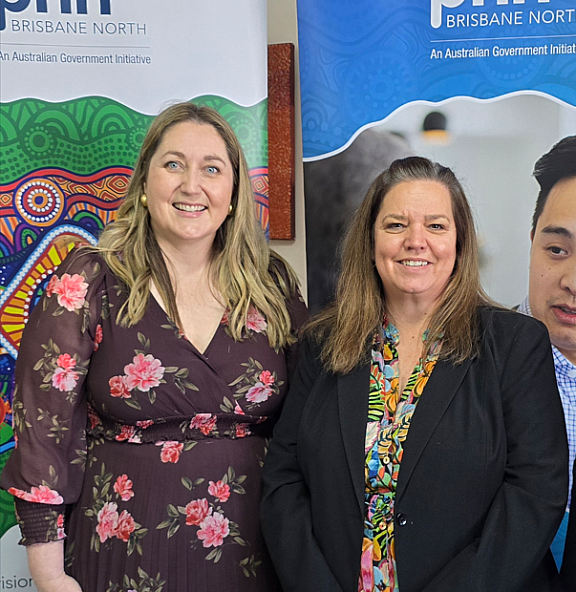
Announced: North Brisbane and Moreton Bay Medicare Mental Health Centres opening from July
Mar 27, 2025
June 27, 2022

Statewide data shows primary care providers play key role in protecting community health as patient attendances increase year on year
General practices across Queensland have provided an increased number of services during the COVID-19 pandemic to assist in protecting the health of the community, according to recent Statewide data released.
During the response to the COVID-19 pandemic, General Practice and Aboriginal Community Controlled Health Organisations (ACCHOs) across Queensland have collectively seen an increase in patient attendances or activity when comparing March 2019 to March 2022, including:
This increase in services has taken place while GPs, ACCHOs and GP Respiratory Clinics administered more than 5.3 million doses of COVID-19 vaccines in Queensland from February 2021 to March 2022.
GPs, ACCHOs, and GP Respiratory Clinics continue to deliver COVID-19 vaccinations on a day-to-day basis, while also stepping up to deliver influenza vaccinations this winter.
Brisbane North PHN Chief Executive Officer Libby Dunstan said with the one million COVID-19 vaccination milestone recently reached through primary care in the North Brisbane and Moreton Bay region, these statewide figures further emphasise how GPs and practice staff, along with Indigenous health workers, have all played a critical role during the COVID-19 pandemic response.
“GPs, and practice staff such as managers, nurses, and receptionists, as well as Indigenous health workers, throughout the Brisbane North PHN region and the state have been inspirational in managing an unprecedented vaccination effort during the pandemic while being busier than ever providing ‘business as usual’ services to their patients,” Ms Dunstan said. “They have persevered and maintained high professional standards despite stretched resources all the while transitioning to telehealth, managing usual care and supporting patients with COVID-19.
“They have been a pillar of strength in the community.”
Brisbane North PHN Board Deputy Chair, Clinical Council Chair and General Practitioner Dr Jennifer Schafer said that general practice had adapted during the pandemic to ensure continuity of service for its patients.
“Over the last two and a half years, our communities have been challenged by bush fires, floods, the global COVID-19 pandemic and now a surge in influenza infections, with no clear endpoint in sight,” Dr Schafer said.
“Our primary care workforce has been on the frontline of the response, juggling the huge increase in demand for services, as well as the massive community-wide vaccination rollout. This has been achieved in the face of a serious workforce shortage and an ever-changing environment in logistics and systems, based on our evolving knowledge and understanding of the SARS-CoV2 virus.
During the pandemic, GPs in Queensland have:
“Our healthcare workers have demonstrated exemplary skills in innovation, adaptability, resilience and fortitude,” said Dr Schafer. “Some of the innovations have been incorporated into everyday practice and will have a legacy beyond the needs of the current pandemic,’ said Dr Schafer.
“This response has not been without personal cost. Many have worked above and beyond reasonable expectations, despite feeling overworked and overwhelmed. In caring for the health needs of our community, our healthcare workers have exposed themselves (and their families) to illness, fatigue and burnout.
“The difference between the current circumstances and previous influenza epidemics is the longevity. Previously, you may have experienced a difficult winter, but the end was always in sight. With this pandemic, it now been two and a half years with no sign of abatement.
“Everyone in our community is exhausted by COVID-fatigue. We all wish that we could ignore it and go back to our previous way of life. For healthcare workers, it is not possible to ignore – the demand continues. Under the pressures of unremitting stress, everyone is more frustrated and irritable than usual. We are hearing reports of patients venting their frustrations on health care staff and their teams. We advocate for kindness, patience and understanding.”

We acknowledge the Traditional Custodians within our region: the Jagera, Turrbal, Gubbi Gubbi, Waka Waka and the Ningy Ningy peoples of where we meet, work and learn. Brisbane North PHN is committed to reconciliation. Our vision for reconciliation is where the stories of our First Nations’ people are heard and shared, and networks are formed.